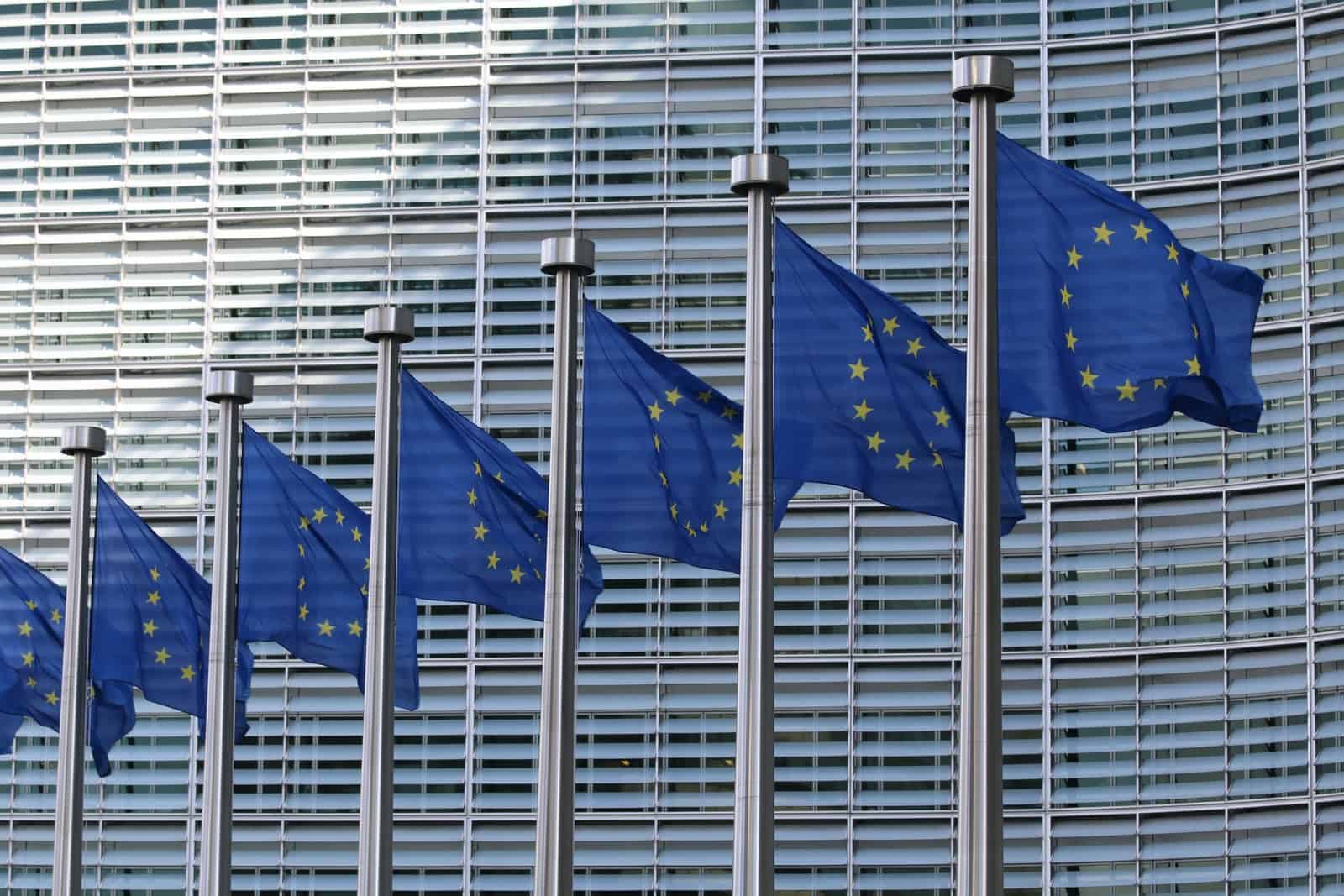
In Spite of Criticism EU Lawmakers Passed Crypto Privacy Rules
Despite criticism from some lawmakers and businesses, the European Union (EU) has passed new rules regulating crypto transactions. The new law requires that all cryptocurrencies exchanges and payment providers within the EU identify their customers.
This measure is meant to help fight money laundering and terrorism financing, which have become increasingly common activities in recent years.
Today, the European Union’s parliament voted in favor of stringent measures to ban anonymous cryptocurrencies transactions, a move that some say will stifle innovation and infringe privacy.
The new law, which passed by a vote of 574 to 13, requires that all cryptocurrencies exchanges and payment providers within the EU identify their customers.
It is part of a broader push by the EU to get a grip on virtual currencies, which it fears may be used to finance terrorism or launder money.
Industry groups have criticized the rules, saying they would stifle innovation and make it harder for startups to compete with big players like PayPal Holdings Inc. and Visa Inc.
But supporters say they are necessary to protect consumers from criminals who abuse the anonymity of virtual currencies.
The German government has announced plans to extend anti-money laundering (AML) rules that apply to large-scale payments of more than EUR 1,000 ($1,114) to the cryptocurrency sector.
They also eliminate the minimum payment threshold for crypto transactions, putting a premium on even the tiniest crypto transactions.
As a result of additional ideas under consideration, unregulated cryptocurrencies exchanges may be disconnected from the traditional financial system.
The proposals have been criticised by the crypto sector as going too far, while some lawmakers argue they do not go far enough.
“We need to make sure that criminals cannot use these vehicles for their criminal activities,” said Kay Swinburne, a Conservative MEP and member of the Economic and Monetary Affairs Committee (ECON), which helped draft the proposals.
“At the same time, we don’t want to stifle innovation in this sector.”
The authorities are considering a series of measures intended to expand anti-money laundering (AML) rules that presently apply to conventional payments of over EUR 1,000 ($1,114).
They also remove the floor for crypto payments, meaning anyone who makes even the tiniest crypto transactions would need to be identified, including those receiving and sending money through unhosted or self-hosted wallets.
In spite of objections from major industry players like Coinbase, as well as legal experts who warned that overly strict privacy rules may face legal challenges in EU courts, the vote proceeded on Thursday.
Bitcoin Foundation, which argued that the proposals would “impose significant and unjustified compliance costs on Crypto businesses” and make it difficult or impossible for them to operate.
Cryptocurrencies are digital or virtual tokens that use cryptography to secure their transactions and to control the creation of new units.
Cryptocurrencies are decentralized, meaning they are not subject to government or financial institution control. Bitcoin, the first and most well-known cryptocurrency, was created in 2009.
Cryptocurrencies have seen a surge in popularity in recent years, with their value soaring along with demand.
Transactions involving them can be anonymous, making them attractive to criminals and others seeking to conduct transactions.
Under the new rules, Coinbase would have to report to the authorities any time a customer received over EUR 1,000 of crypto from a self-hosted wallet, the exchange’s CEO Brian Armstrong warned in a blog tweet posted Wednesday. post.
The rules also require exchanges to conduct customer due diligence, including identity verification, and keep records of transactions for five years.
Cryptocurrencies have come under fire in recent years for their use in money laundering and other illegal activities. In spite of this criticism, the European Union has passed new rules regulating cryptocurrencies.
The new rules, which came into effect on July 9th, require exchanges to identify customers and report any transactions over EUR 1,000.
Coinbase, one of the world’s largest cryptocurrency exchanges , has warned that the new rules will lead to increased costs as the company will have to hire more staff to comply with them. Crypto-enthusiasts argue that the anonymity of cryptocurrencies is a key feature







